Coming to Our Senses... the Spacious Way
Experience the transformative effects of energy, light, and beauty that abounds by tuning into, and fine tuning, your six senses
“The universe is full of magic things patiently waiting for our wits to grow sharper.”
—Eden Phillpotts
Here’s what I know about our journey together as it relates to sensing:
Life without the ability to feel is like a room without oxygen.
Without our five primary senses of smell, taste, touch, hearing, and seeing, and our sixth sense of inner knowing, we cannot connect with our heart and the divine intelligence that comes through it.
Without the ability to feel, we have no way of knowing where we are stuck and where we are open, what sparks joy and what doesn't.
Without our senses, we cannot sniff out a problem, see our way to a more creative solution, or feel to heal.
Because of our culture's emphasis on the intellect—on knowledge that can be seen and proven—we have become woefully desensitized. We are cut off from these remarkable gifts we came in with, our source of deep and infinite wisdom. And like a muscle that doesn't get used, our senses lose their strength and power if we don't nurture and apply them.
We can reverse the trend. We can channel more light, experience more wonder, and expand our range of what is possible by just simply coming to our senses.1
The next 10 weeks will show us how to play.
…
So what does it mean to engage with life — fully — through your senses?
The conversation below between podcaster Krista Tippett from “On Being” and professor and poet Marie Howe will give you a taste of what that might look like.
Ahhh 🌿
…
What does it mean to engage with life through your senses?
Good question!
I found a terrific example of what that might look like in a post by Jeannine Ouelette, creator of Writing in the Dark. It’s a clip of an interview between podcaster Krista Tippett from “On Being” and professor and poet Marie Howe that I believe goes to the heart of what it means to bring your whole sensory being into an experience.
I reposted it here. (Thank you, Jeannine!)
Ms. Howe: It hurts to be present… I ask my students every week to write 10 observations of the actual world. It’s very hard for them.
Ms. Tippett: Really?
Ms. Howe: They really find it hard.
Ms. Tippett: What do you mean? What is the assignment? 10 observations of their actual world?
Ms. Howe: Just tell me what you saw this morning like in two lines. I saw a water glass on a brown tablecloth, and the light came through it in three places. No metaphor. And to resist metaphor is very difficult because you have to actually endure the thing itself, which hurts us for some reason.
Ms. Tippett: It does.
Ms. Howe: It hurts us.
Ms. Tippett: You naming something.
Ms. Howe: We want to say, “It was like this; it was like that.” We want to look away. And to be with a glass of water or to be with anything — and then they say, “Well, there’s nothing important enough.” And that’s whole thing. It’s the point.
Ms. Tippett: It’s the this, right?
Ms. Howe: Right, the this, whatever. And then they say, “Oh, I saw a lot of people who really want” — and, “No, no, no. No abstractions, no interpretations.” But then this amazing thing happens, Krista. The fourth week or so, they come in and clinkety, clank, clank, clank, onto the table pours all this stuff. And it so thrilling. I mean, it is thrilling. Everybody can feel it. Everyone is just like, “Wow.” The slice of apple, and then that gleam of the knife, and the sound of the trash can closing, and the maple tree outside, and the blue jay. I mean, it almost comes clanking into the room. And it’s just amazing.
Ms. Tippett: In some basic level, what they’ve done is just engage with their senses.
Ms. Howe: Yeah, and have been present out of their minds and just noticing what’s around them, which is — we don’t do. And again, not to compare it to anything. They’re not allowed. And that’s very hard for them. And then on the fifth or sixth week, I say, “OK, use metaphors.” And they don’t want to. They don’t know how. They’re like, “Why would I? Why would I compare that to anything when it’s itself?” Exactly. Good question. So then you think, why the necessity of a metaphor? Why do you have to use a metaphor now? Not just to do it to avoid it, but to do it to make it more there. And it’s very interesting.
—From “Absolute Attention is Prayer” by Jeannine Ouellette
The 10-week series on Sensing begins next week!
It’s not too late to join us in this ongoing clearing experience.
…
This 10-week journey — the third segment this year — with additional new material (not found in the book), weekly nudges and prompts from me, and full access to this community and all previous challenges you may have missed — is being made available to paid subscribers.
All for less than $1.15 a week.
It will be a veritable feast for the senses.
Join us!
…
Begins Tuesday May 27. Look for it in your email inbox.
Want to know more?
The Spacious Way to Lighter You — Clearing Series
👉🏼 Learn more about the 2025 Spacious Way to a Lighter You — Clearing Series
👉🏼 Get a taste of what we have covered so far HERE (scroll from bottom up)
Excerpted from Part 3, “Sensing,” A Year For You: Release the Clutter, Reduce the Stress, Reclaim Your Life by Stephanie Bennett Vogt © Hierophant Publishing, 2019.


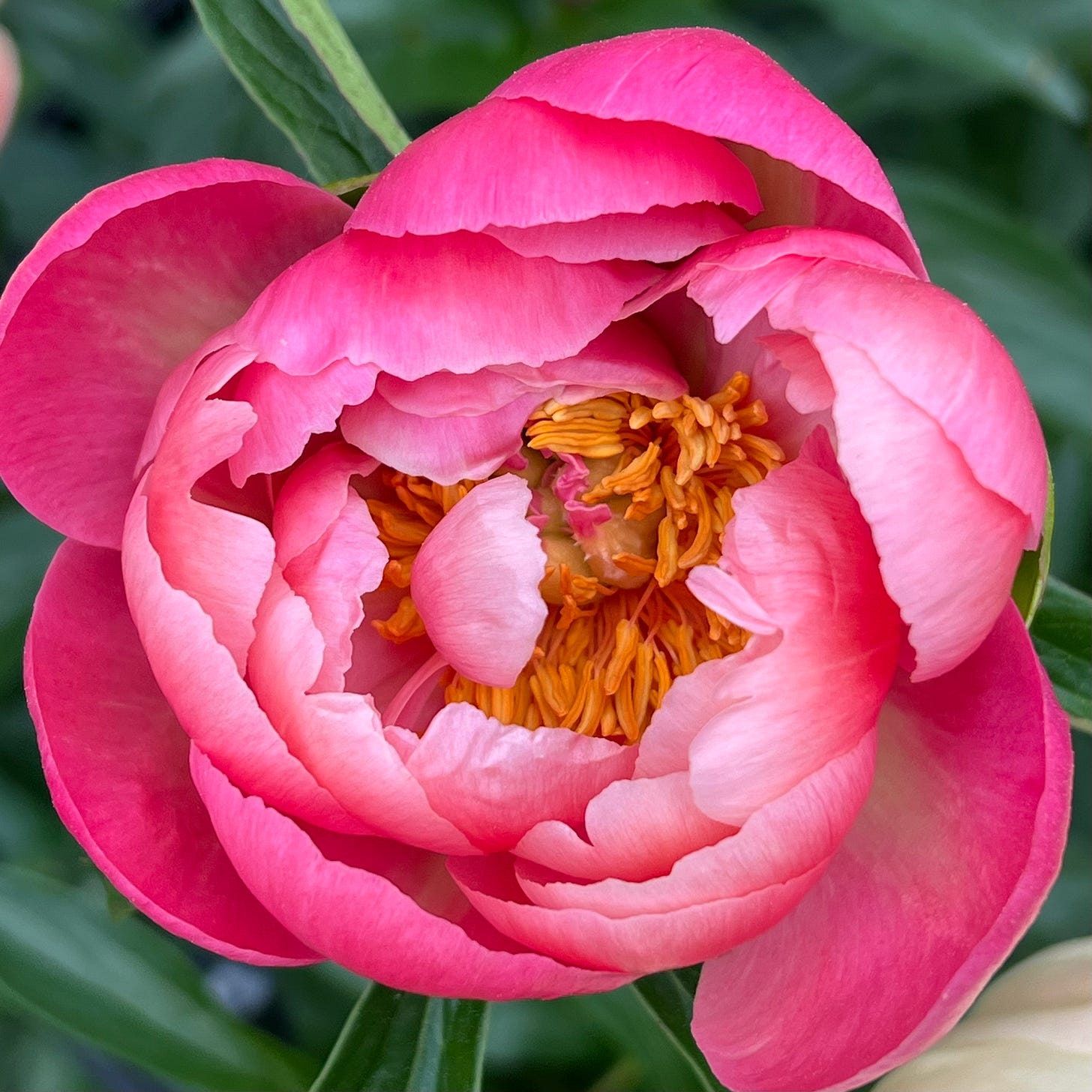
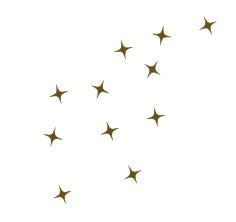

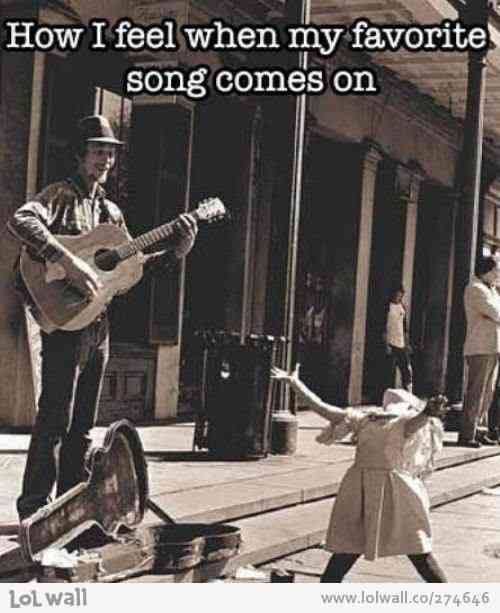
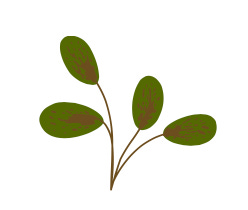

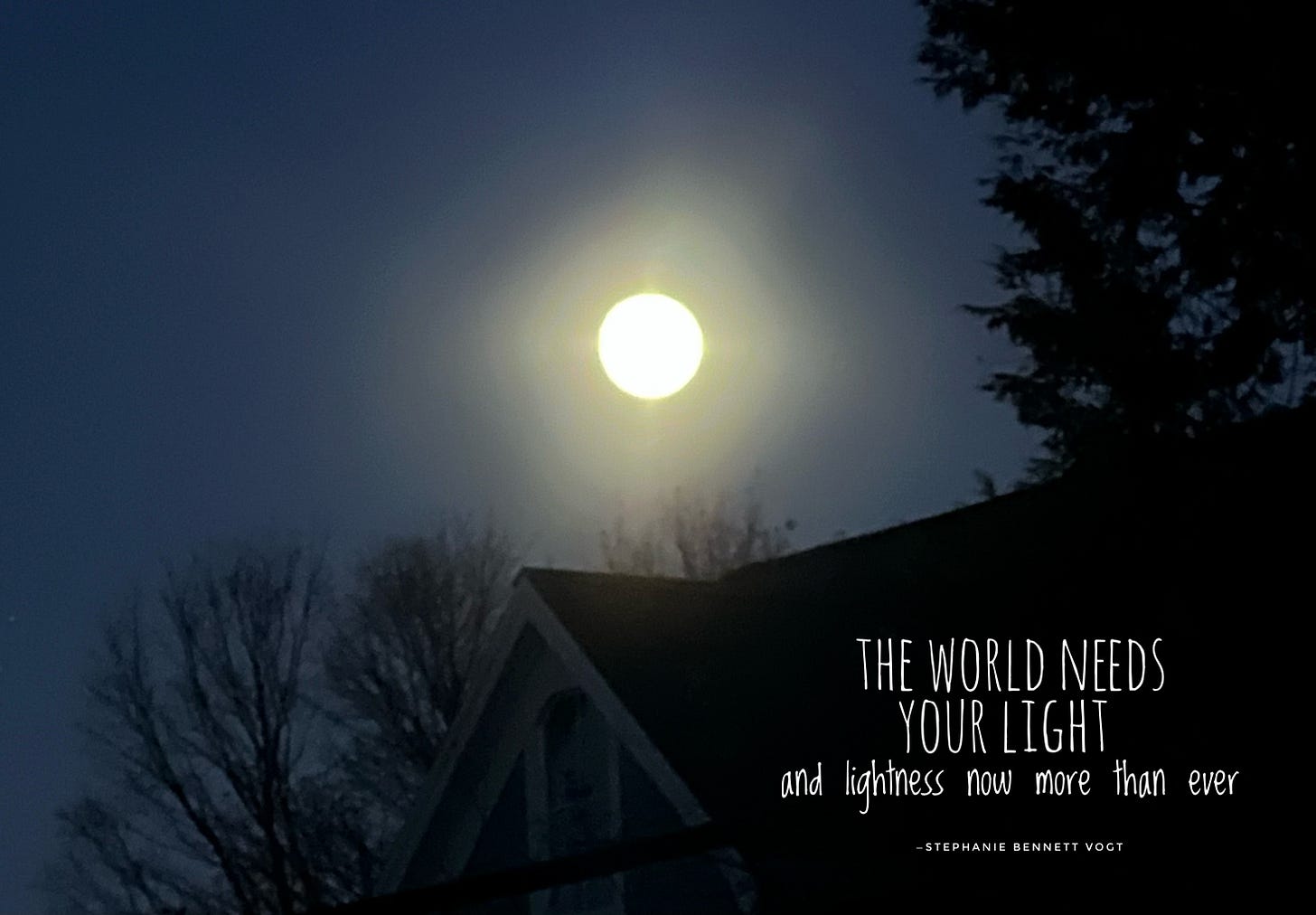
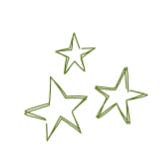
What a beautiful interview with Krista Tippett. Yes! What a joy to learn to just notice and observe what is present now! Can’t wait for this section. We need it. Too
Much twirling around grabbing our attention in a bad way.